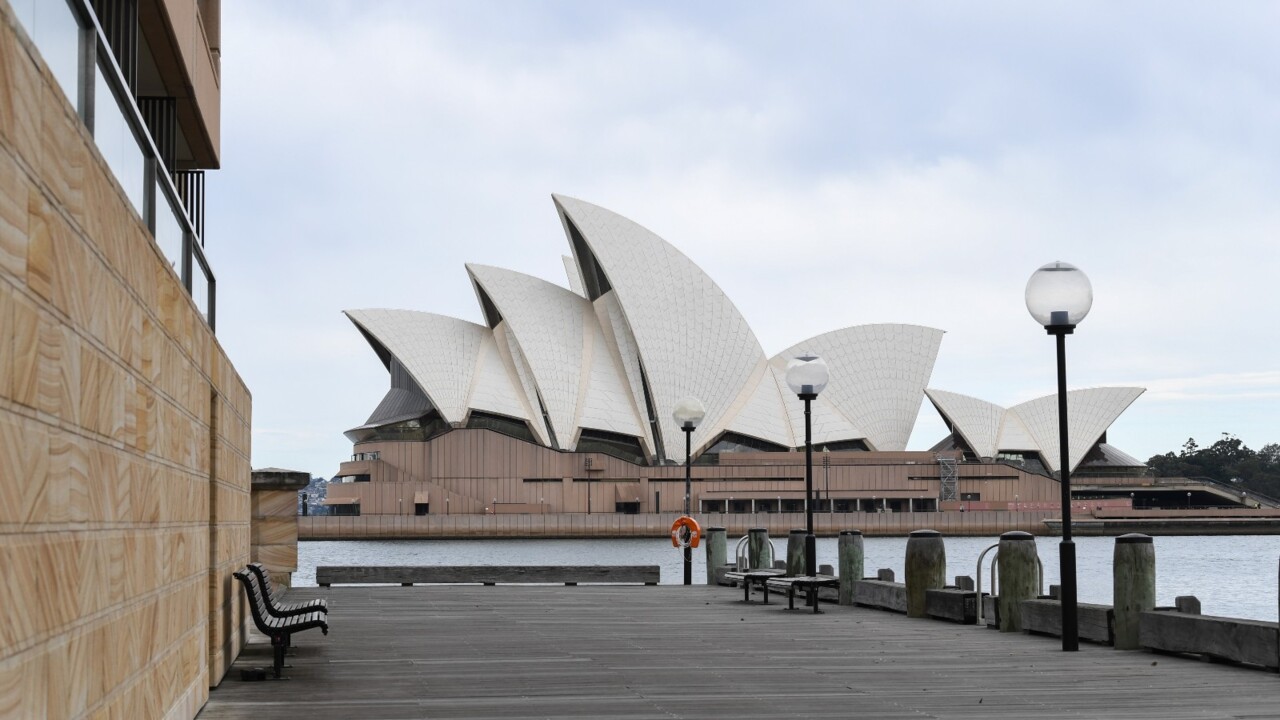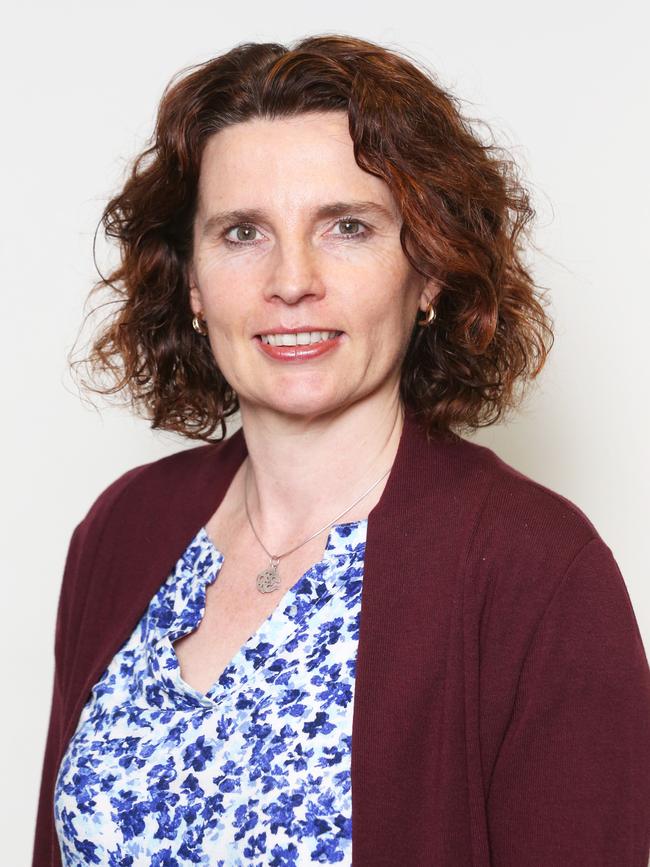Clarissa Bye: We need to have more fun
Too much scrutiny of everything we say and do is damaging our ability to connect with others, writes Clarissa Bye.

Opinion
Don't miss out on the headlines from Opinion. Followed categories will be added to My News.
One of the zaniest things I’ve ever done is join a laughter club. It was held at 10am on Saturday mornings, at Camperdown Memorial Park, and anyone could pretty much rock up. My kids were young at the time and, back then, my days were busy juggling studies and family, so finding the time was an indulgence.
But the health benefits had been strongly documented; how laughter boosts your immune system, triggers endorphins and cuts the stress hormones.
All sorts of funny characters turned up on those frosty mornings that winter — ageing pony-tailed hippies, Swedish backpackers, dreadlocked students and eccentric professors from nearby Sydney Uni.
It was free, unlike the recent brouhaha over taxpayer-funded public servants doing something similar during work hours.
We had to stand in a circle and perform a series of silly exercises — such as an exaggerated pantomime of starting up a lawnmower and pretend to laugh, which quickly turned into the real thing.
The sheer craziness of it was infectious and we ended up in bouts of uncontrollable giggles, like school children passing notes at the back of the class.

Afterwards, we went for chatty coffees and everyone left on a high. I was reminded of this while reading a newly-published book about the idea of fun. Or, more accurately, how adults in the Western world have lost touch with it.
The book’s called The Power of Fun, Why Fun is the Key to a Happy and Healthy Life. Author Catherine Price asks when did anyone last feel exhilarated and lighthearted?
She argues that in our serious tech-addicted busy lives, we turn to doom-scrolling, TV and streaming services to relax.
But real fun makes you feel liberated from your responsibilities with a sheer joy for the sake of doing it, not just a satisfaction at achieving or ticking off a box.
She suggests signing up to new hobbies and experiences you would normally not try, just to go back to a free beginner mind.
In her case, she undertook guitar lessons and says they made her feel engaged and energised. “The class had no specific goal. Our purpose, both literally and metaphorically, was simply to play.”
Her thesis is fun needs three key things — playfulness, connection with other people and flow. Flow in the sense of being engrossed and engaged in the present experience.
And playfulness is about letting down your guard, shedding formality, not caring about outcomes and being open to humour. On the other hand, judgement is a killer of fun.
Stepping back and second-guessing yourself cruels the moment. And in our modern Brave New World of censorious workplace monitors, worrying about whether your joke might get you sacked is quite a dampening force.

Incredibly enough, the peak union body the ACTU has a new workplace “Gendered Micro Aggression” policy.
If you refer to a female colleague as “sweetheart” or “girl”, that’s discrimination. Another “micro-aggression” is “benevolent sexism, for example checking in on new mums but not new dads”.
Even if unintended, workers will be in trouble.
What kind of repressive society are we becoming? How can you follow your bliss, in the Joseph Campbell sense of the idea, creatively carrying out meaningful work, in such an environment?
Google has an interesting tool called the Ngram Viewer, which tracks phrases and words used in books over time. It shows the word micro-aggression soared massively after 2004, after being virtually unknown. The Fun Police, as a phrase, also takes off in the 2000s. It seems to me the old PC brigade have become what British philosopher Kathleen Stock now calls “the missionaries in your workplace”, managers in both corporate and public organisations, who want to “alter workers’ moral attitudes”.
“As an employee, you may well be asked to demonstrate in job or promotion applications that your attitudes and behaviour are in line with the values of the organisation, where the values in question go beyond legally-imposed ones: ‘Kindness’ or ‘Inclusion’ or ‘Authenticity’ or ‘Respect’, for instance.”
Badges and lanyards are handed out to signify obedience and virtue. The work calendar is peppered with awareness days like the old Catholic calendar of holy days of obligation and feasts, she says.
This religious zeal to impose a secular moral code is made to appear benign. But when did it become the job of your boss to mold your character and ethics?
All those faddish workshops now being run through government departments with lessons on owning up to white privilege and “uncomfortable conversations” about unconscious bias are the modern day versions of the Biblical sackcloth and ashes, with the same judgemental language of abasement and repentance.
That crucial third element of having true fun — by connecting with our fellow humans — is lost by putting up these artificial divisions.
That Newtown laughter club, with its people from all walks of life getting along happily, didn’t need any diversity quotas or badges to have fun.



